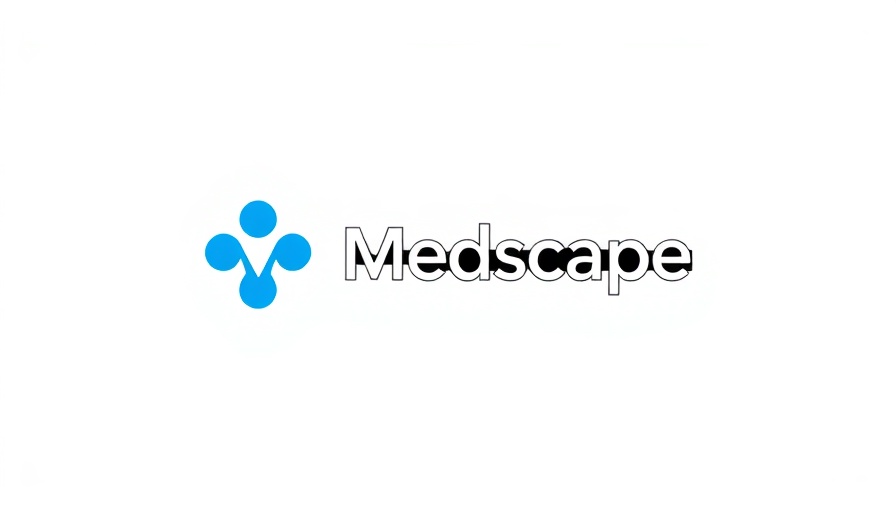
The Supreme Court Decision: A Win for Preventive Services
On June 27, 2025, the U.S. Supreme Court made a significant ruling that has been met with praise from health advocates across the country. In a 6-3 decision, the Court upheld a crucial mandate that requires insurers to cover certain preventive medical tests and treatments without imposing copayments. This landmark ruling is perceived as a substantial victory for the Affordable Care Act (ACA), reinforcing access to essential health services for millions.
Understanding the Case and Its Implications
The case originated from a complaint filed by Braidwood Management, a Christian-owned firm from Texas. They challenged the ACA provision that mandates coverage for preventative measures, specifically targeting the pre-exposure prophylaxis (PrEP) treatment for HIV. Their argument rested on religious objections to such coverage, seeking exemption from the ACA guidelines.
However, the ACA remains steadfast in its requirement that tests and treatments given “A” and “B” ratings by the U.S. Preventive Services Task Force (USPSTF) must be covered. These categories include vital services such as cancer screenings, diabetes assessments, and smoking cessation aids, with Justice Brett Kavanaugh noting that over 40 critical services currently hold these ratings.
Support from Health Organizations
The ruling was celebrated by prominent medical organizations, including the American Medical Association and the American Academy of Family Physicians. These groups submitted a brief to the Supreme Court, emphasizing the importance of maintaining no-cost access to preventive health services. They pointed out that, due to the mandate, nearly 152 million people were able to receive important preventive services without incurring additional costs in 2020.
According to their brief, reducing insurance coverage for these services could lead to severe repercussions, including increased patient mortality and higher long-term medical expenses. The collaboration among advocacy groups highlights a strong consensus on the crucial nature of preventive healthcare for both individuals and the broader health system.
Concerns About HHS Oversight
Despite the victory for patients, not all responses were purely positive. Some advocates expressed concern regarding the authority of the Secretary of Health and Human Services (HHS) in controlling the USPSTF's membership and recommendations. Anthony Wright, executive director of Families USA, noted that while the ruling champions patients' rights, it also raises questions about the oversight of preventive services—a powerful aspect of public health policy.
Why Preventive Services Matter
Preventive services play a vital role in reducing the overall burden of disease, enhancing quality of life, and ultimately lowering healthcare costs. Regular screenings and preventive treatments not only help identify health issues early, but they can also lead to interventions that significantly improve patient outcomes. For many Americans, particularly those with limited financial resources, the removal of copayment barriers can be transformative, allowing greater access to necessary healthcare.
The Future of Preventive Healthcare in America
The Supreme Court’s decision is positioned as a pivotal moment for preventive healthcare in the United States. Moving forward, it will likely influence other healthcare policies aimed at bolstering the availability and affordability of medical services. As the landscape of American healthcare continues to evolve, this ruling reinforces the importance of accessible preventive care and the ongoing need for vigilant advocacy to ensure that such services remain protected.
Taking Charge of Your Health Journey
This recent Supreme Court ruling emphasizing prevention is more than just a legal win; it is a call to action for all individuals to engage with their health actively. Free access to preventive services is a powerful opportunity for education and better health outcomes. Check with your insurance provider to understand what services are available to you and make proactive lifestyle choices that promote your well-being.
 Add Row
Add Row  Add
Add 



Write A Comment